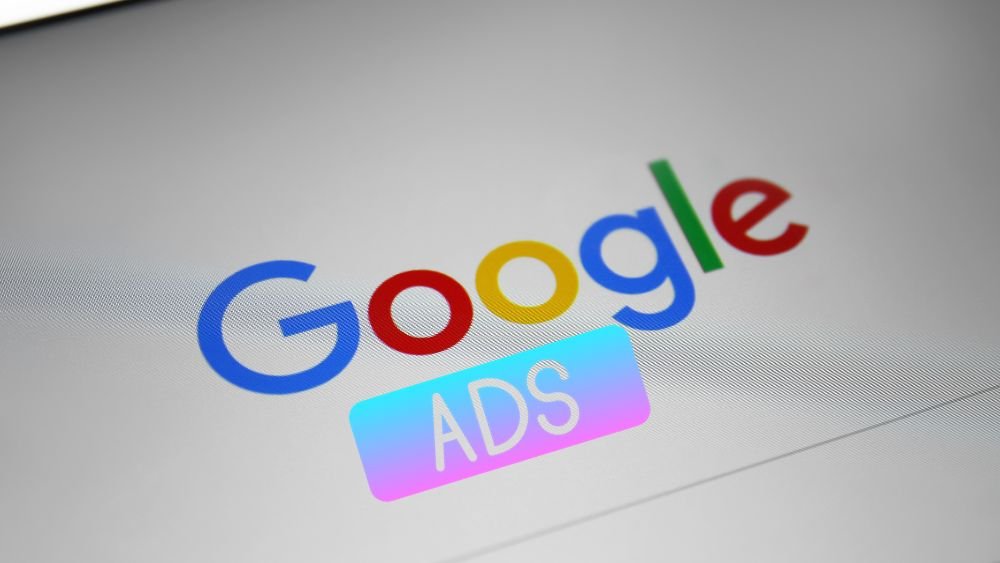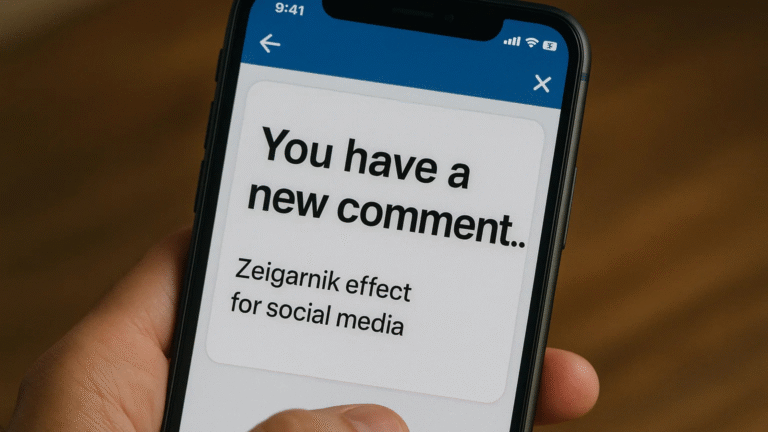Google Ads are profitable because they offers a vast reach to potential customers, allowing you to target specific keywords and demographics.
Introduction to Google Ads
Are you asking if Google Ads really Profitable?
Are you wondering if Google Ads is really the golden ticket to profitable online advertising?
Well, you’re not alone. With so many businesses vying for attention in the digital realm, it’s crucial to invest your time and resources wisely.
In this blog post, we’ll delve into the world of Google Ads – how it works, its advantages and disadvantages, as well as strategies for maximizing profit.
So sit back, relax, and let’s uncover whether Google Ads is truly worth it or just another marketing myth!
How Google Ads Works: A Breakdown of the Basics
Google Ads is a powerful online advertising platform that allows businesses to reach their target audience and promote their products or services.
Understanding how Google Ads works is essential for anyone looking to run successful advertising campaigns.
At its core, Google Ads operates on a pay-per-click (PPC) model, which means advertisers only pay when someone clicks on their ad.
The process begins with the creation of an ad campaign, where advertisers choose keywords related to their business that they want to trigger their ads.
These keywords are what users search for on Google.
When a user searches for one of these keywords, an auction takes place in real time.
Advertisers bid on the keyword and compete against other advertisers who also want their ads shown for that particular search query.
The winner of the auction gets their ad displayed at the top of the search results page or other relevant websites across Google’s extensive network.
The position of an ad within the search results is determined by several factors, including bid amount, quality score (which relates to relevance and user experience), and expected click-through rate.
Advertisers can set a daily budget limit to control how much they spend each day.
Once an ad is displayed, it needs compelling copywriting and attractive visuals to entice users to click on it.
Landing pages should be optimized so that visitors are more likely to convert into customers once they arrive at your website.
Understanding how Google Ads works gives businesses valuable insight into maximizing its potential as a profitable marketing tool.
By targeting specific keywords effectively and optimizing ads and landing pages, businesses can increase visibility, drive traffic, and generate leads or sales – all while staying within budget constraints!
Advantages and Disadvantages
Advantages and disadvantages are two sides of the same coin.
When it comes to using Google Ads, there are certainly pros and cons that need to be considered.
On the advantages side, one of the biggest benefits is the potential for increased visibility.
With Google Ads, you have the ability to reach a wide audience and target specific keywords or demographics.
This can lead to more traffic to your website and potentially more conversions.
Another advantage is the flexibility in budgeting. You have control over how much you want to spend on your ads, allowing you to set a daily budget that works for you.
Plus, with tools like Google’s Keyword Planner, you can research and choose keywords that align with your budget and goals.
Google Ads also provides valuable data metrics that allow you to track the performance of your campaigns.
From click-through rates (CTR) to conversion rates, this data can help inform future strategies and optimizations.
However, there are some downsides worth considering as well.
One disadvantage is cost – depending on your industry or competition level for certain keywords, bidding on popular search terms can become expensive quickly.
Additionally, managing an effective campaign requires time and expertise.
It’s not simply a matter of setting up ads; continuous monitoring, testing ad variations, and optimizing landing pages – these all require ongoing effort.
Furthermore, because Google Ads operates on a pay-per-click basis, there is no guarantee that every click will result in a sale or desired action from users visiting your website.
This means spending money without guaranteed results.
Strategies for Maximizing Profit
When it comes to maximizing profit on Google Ads, it’s important to have a solid strategy in place.
Here are some strategies that can help you make the most out of your advertising budget.
Foremost, it’s crucial to do thorough keyword research.
This involves identifying relevant keywords that are not only popular among users but also align with your business goals.
By targeting the right keywords, you can ensure that your ads reach the right audience who are more likely to convert into customers.
Another strategy for maximizing profit is optimizing your ad copy.
Your ad should be compelling and engaging, encouraging users to click through to your website.
Highlighting unique selling points and offering incentives or discounts can also entice potential customers.
In addition, testing different variations of your ads can help determine which ones perform best.
A/B testing allows you to compare different elements such as headlines, descriptions, or calls-to-action to see which combination generates the highest click-through rates and conversions.
Furthermore, monitoring and analyzing data is essential for success on Google Ads.
Keep track of key metrics like click-through rate (CTR), conversion rate (CVR), and return on investment (ROI).
This information will provide valuable insights into what is working well and where adjustments need to be made.
Consider leveraging remarketing campaigns as part of your overall strategy.
These campaigns target users who have already visited your website but may not have converted yet.
By staying top-of-mind through targeted ads across various platforms, you increase the chances of turning those visitors into paying customers.
By implementing these strategies and continuously refining them based on data analysis, you can maximize profitability on Google Ads while reaching a wider audience in a cost-effective manner.
Conclusion: Is Google Ads Worth It?
After examining the ins and outs of Google Ads, it’s clear that this advertising platform has its advantages and disadvantages.
Whether it is worth investing in depends on your specific business goals, budget, and marketing strategy.
On the one hand, Google Ads are profitable because they offer a vast reach to potential customers, allowing you to target specific keywords and demographics.
This can lead to increased brand visibility, website traffic, and conversions.
Additionally, the ability to track ad performance through analytics provides valuable insights for optimizing campaigns.
However, there are also drawbacks to consider. The cost of running ads can add up quickly if not carefully managed.









